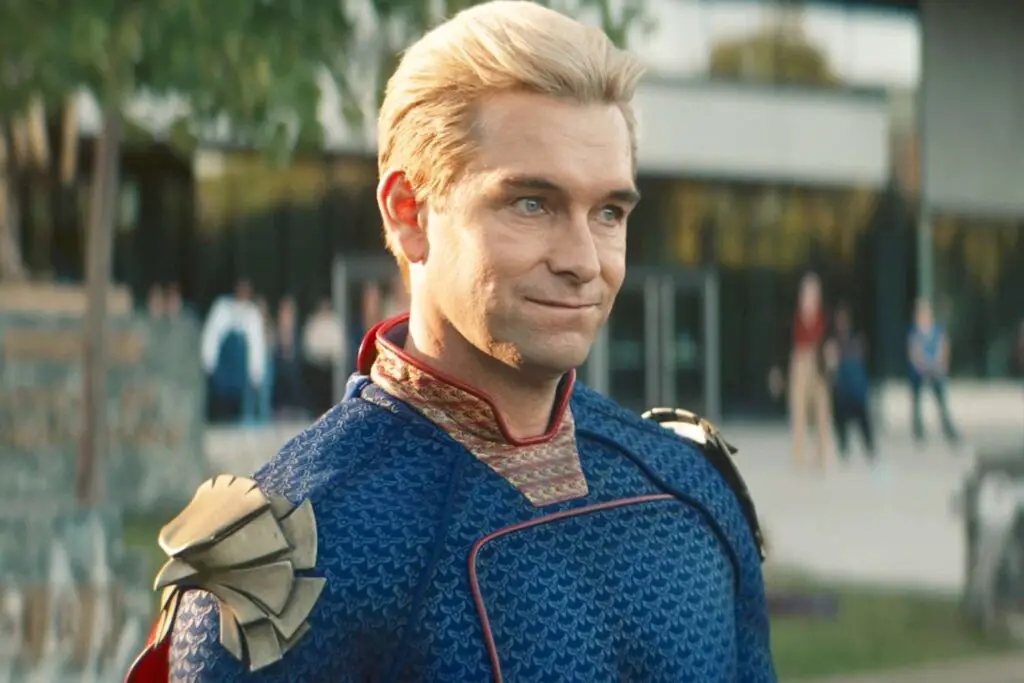The first season of “Gen V” on Prime Video has brought an intriguing spin to the superhero genre, unfolding in a setting that revolves around a superhero-only college. The narrative explores various themes and character arcs, culminating in a dramatic and unexpected season finale.
Key events in the season include the revelation of a conspiracy by Dean Shetty, who seeks revenge against superheroes for personal reasons. Her plan, however, falls apart leading to her demise. The series dives into the complex lives of its young superhero characters, exploring their unique abilities and the psychological impacts these have on them. For instance, characters like Marie have to grapple with the traumatic implications of their powers, adding a layer of depth to the story.
The season finale stands out for its dramatic and unexpected twists. The climactic battle at Godolkin University sees various characters, including Marie and Cate, engage in a fierce conflict. The episode reaches its zenith when Homelander, a character from “The Boys,” makes a cameo appearance, adding another dimension to the unfolding events. His appearance marks a significant turning point, reshaping the narrative and setting the stage for future conflicts.
Following the chaos at the university, the situation becomes even more complex. Homelander’s actions and the subsequent media coverage alter the public’s perception of the events, casting the protagonists in a false light. This twist not only serves as a cliffhanger but also sets up a direct link to the upcoming season of “The Boys.”
The inclusion of characters like Homelander and Billy Butcher from “The Boys” in “Gen V” serves as a narrative bridge between the two series. Their cameos are not just for fan service but are integral to the unfolding story, hinting at a deeper connection and shared universe between “Gen V” and “The Boys.”
“Gen V” has been successful in carving out its own identity within the superhero genre while also maintaining ties to its parent series, “The Boys.” The series’ focus on a younger set of characters, combined with its exploration of the moral complexities of being a superhero, offers a fresh perspective in a genre that is often dominated by more traditional narratives.


